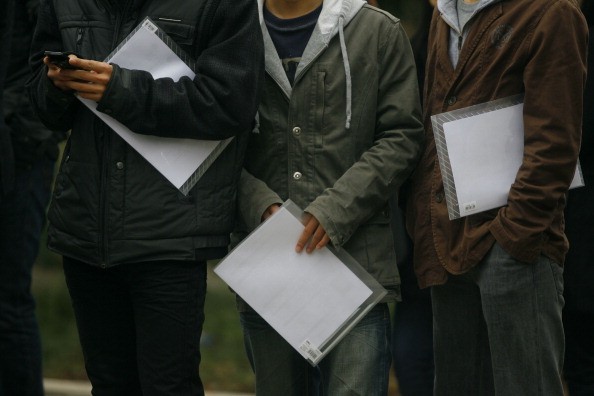With millions of college students graduating this year, the Chinese government has recently released guidelines that encourages them to work in rural areas in various parts of the country. This aims to solve the economic difficulties experienced by these areas.
The new guidelines come just ahead of the summer, when a record number of 7.95 million students are expected to graduate this year.
Jointly issued by the General Office of the State Council and the General Office of the Communist Party of China Central Committee, the new guidelines demanded for more job creation at local levels in the central, western, northeastern and underdeveloped parts of China. The areas of public education, social aid and healthcare at the community level will be among the top priorities in the creation of new jobs.
Fresh graduates are encouraged to work in areas such as the modern seed industry, agrotech, rural tourism, e-commerce and cooperatives, as well as water conservation projects.
Aside from these, preferential policies have also been put in place to encourage graduates to join the People's Liberation Army, work in small and medium-sized enterprises, or start their own businesses.
The northeast part of China was once a flourishing industrial hub, housing traditional industries that included steel, automobile, shipbuilding, aircraft manufacturing and petroleum refining. But the southern region rapidly caught up in the 1980s, and the once leading industrial region saw a more acute economic slowdown than the rest of the country.
According to Li Guoping, a professor at the School of Government at the Peking University, such encouragement is "correct in its direction" because it can help tackle the imbalanced talent flow in the country.
He added that unlike before, graduates are now willing to consider working in places other than big cities because of the high cost of living and pollution in those locations.
"However, an imbalance still exists, therefore it's important that the government should use policies to boost this trend," he said.
Working in these underdeveloped areas won't be an easy task, as graduates will be facing relatively hard conditions.
By implementing these guidelines, not only is the government solving the problem of uneven economic development, but it also teaches its youth an important lesson of sacrifice and nationalism.



























